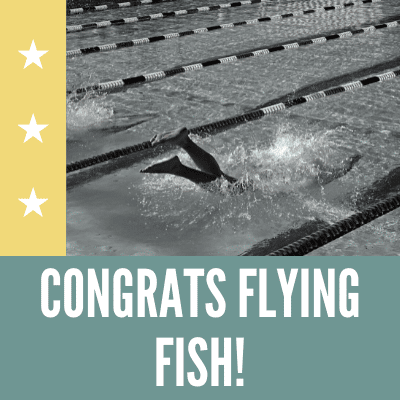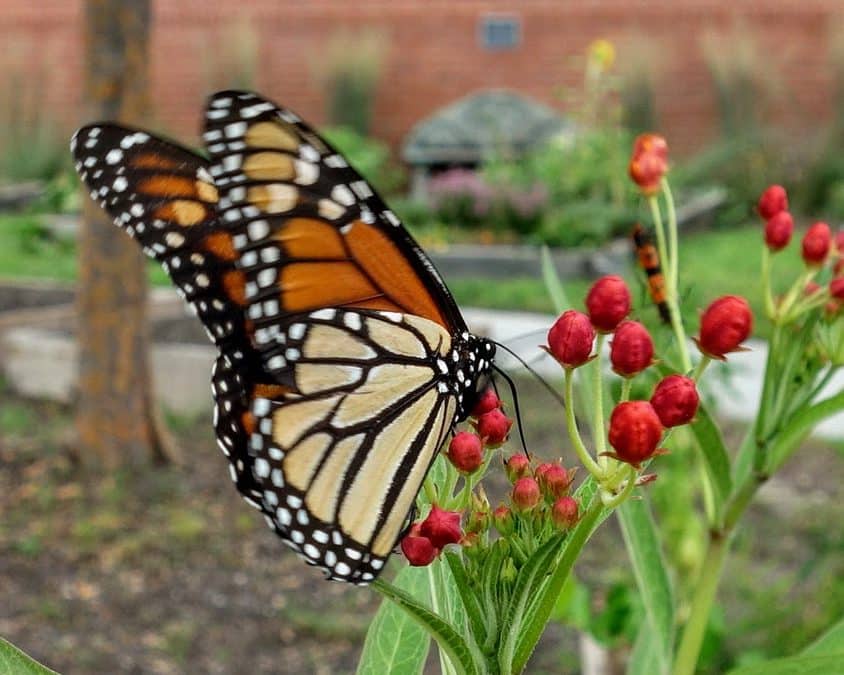Alligators are a part of Lowcountry life and at this time of year, they may be present in one of our 40 ponds or mobile, moving from pond to pond. During their mating season, you will find an increased presence of alligators. Always give the alligator the right of way. They do not want to be bothered any more than you do.
Remember to honor their space as we continue to live alongside our wildlife.
Keep in Mind:
It is against the law to feed or otherwise harass alligators. This includes activities, such as throwing sticks or rocks. When people feed alligators, they will begin to associate people with food, creating a very dangerous situation. These animals often have to be destroyed due to this human intervention.
Alligator FAQ:
FAQs Regarding Alligators And Public Safety
Alligators are incredibly adaptable animals and have existed for millions of years. Remember, it is against the law to feed or otherwise harass alligators. This includes activities, such as throwing sticks or rocks. When people feed alligators, they will begin to associate people with food, creating a very dangerous situation. These animals often have to be destroyed due to this human intervention.
Q: What is a nuisance alligator?
A: A nuisance alligator is an individual alligator that has become a significant public safety risk. This typically occurs when an alligator has been fed and has lost its inherent fear of people.
Q: What happens when the POA gets a call about an alligator sighting?
A: The Daniel Island POA calls their alligator consultant who is a 25-year alligator specialist and former South Carolina Department of Natural Resources (SCDNR) Reserve Officer. Based on SCDNR’s and the National Wildlife Control Training Program, the alligator specialist evaluates and tests the alligator. During the evaluation process, the specialist will go through a series of tests to see if the alligator is threatening/aggressive.
Q: What happens after the evaluation?
A: If the specialist deems the alligator non-threatening, the alligator is left alone. If the specialist deems the alligator threatening, the alligator will be properly removed according to SCDNR’s rules and regulations. Not all alligators have to be removed.
Q: Why do you have to remove an aggressive/threatening alligator?
A: The POA follows Federal and State guidelines for the removal of tested, aggressive alligators for public safety.
Q: What can you do as a resident to help?
A: It is critical that people do not feed or taunt alligators so that we may co-exist with native wildlife and meet our public safety needs. Please pass the message on to others and to children to not throw anything at the alligators nor feed the alligators at any time. Feeding or harassing alligators is illegal under South Carolina State Law. When feeding the alligators or throwing items at them which simulate feeding, the alligator will associate humans with food and will no longer have a natural fear of humans.
If you have any questions or concerns regarding an alligator in a pond/lake near you, please call our office at (843) 971-9200.
For more information, please view this SCDNR Alligator Publication HERE.
To report sightings or if you have additional questions, please contact Chris Hamil, DIPOA Field Operations Manager, at Chris.Hamil@dicommunity.org or (843) 696-4676.







